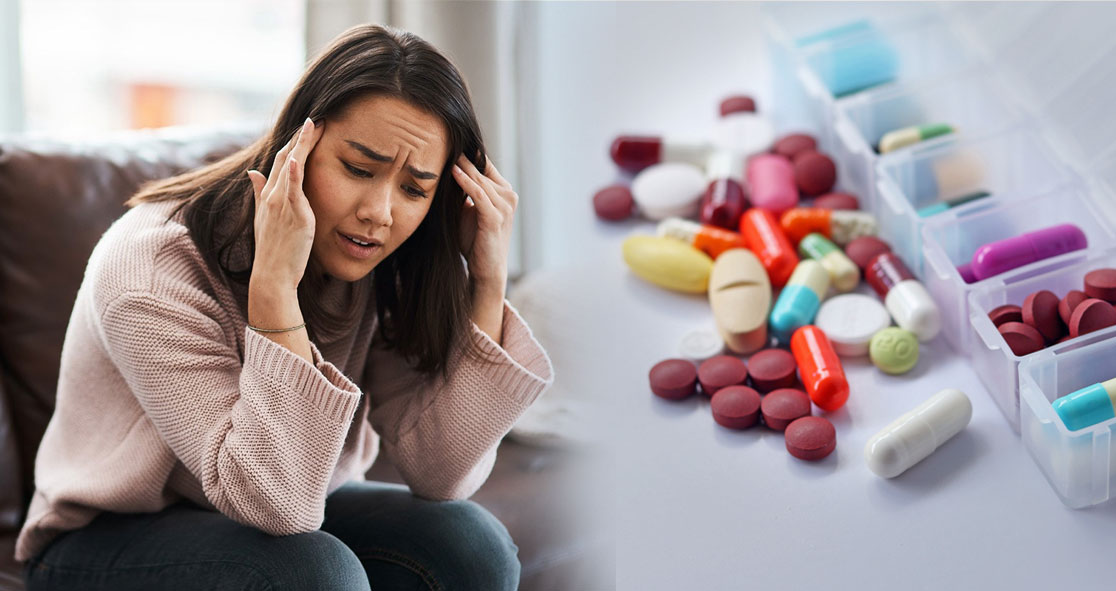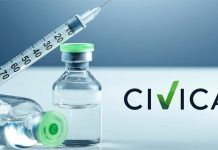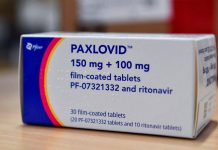Schizophrenia is one of the serious mental disorders in which people interpret reality abnormally, according to the Mayo Clinic.
Symptoms of schizophrenia include delusions, hallucinations, confused thinking and speaking, and odd or random movements such as strange posture, impairing daily function.
Causes of schizophrenia are idiopathic and there is no cure for this mental health condition. Doctors may prescribe medications that can ease symptoms and prevent the attacks from coming back.
It is important to get treatment as quickly as possible and medication is key, along with psychotherapy and social skills training. Generic drugs for schizophrenia include antipsychotics, mood stabilizers, and antidepressants.
Antipsychotics
Antipsychotics are the drug that tame psychosis. For schizophrenic patients, doctors often first-generation or second-generation antipsychotics. These drugs ease symptoms such as delusions and hallucinations. Antipsychotics work on certain brain chemicals, such as dopamine and serotonin.
First-generation antipsychotics, also called typical conventional antipsychotics, include:
- Chlorpromazine
- Fluphenazine
- Haloperidol
- Perphenazine
- Thioridazine
- Thiothixene
- Trifluoperazine
Second-generation antipsychotics, also called atypical antipsychotics, include:
- Aripiprazole
- Asenapine
- Brexpiprazole
- Cariprazine
- Clozapine
- Iloperidone
- Lumateperonee
- Lurasidone
- Olanzapine
- Paliperidone
- Quetiapine
- Risperidone
- Ziprasidone
Some people may need antipsychotic injections that are given either intramuscularly or subcutaneously. These are called long-acting injectable antipsychotics, which are administered every two to four weeks, depending on the drug.
Mood Stabilizers
Mood stabilizers are the drugs that balance your moods, which means you are less affected by anxiety, depression, or excitement. Mood stabilizers of schizophrenia include:
- Lamotrigine
- Lithium
- Carbamazepine
- Valproic acid
Antidepressants
Most people with schizophrenia also have symptoms of depression. The most frequently used antidepressants for schizophrenia are called selective serotonin reuptake inhibitors (SSRIs), such as:
- Citalopram
- Fluoxetine
- Paroxetine
- Sertraline
- Escitalopram
It is not easy for schizophrenic patients to stick to a medication plan so they will need a strong support system. Psychosocial interventions play a key role in the treatment of schizophrenia, such as psychotherapy, social skills training, family therapy, vocational rehabilitation, and supported employment.
You can ask your doctor for generic antipsychotic drugs if you cannot afford the highly-priced brand-name drugs.
The goal of schizophrenia treatment is to effectively manage the symptoms at the lowest possible dose so most psychiatrists may do some trial and error with different drugs at different doses to achieve the desired result. Please note that it may take several weeks to notice some improvement in symptoms. For people with schizophrenia who fail to respond to generic drugs, doctors may consider electroconvulsive therapy (ECT), especially those who also have depression.























